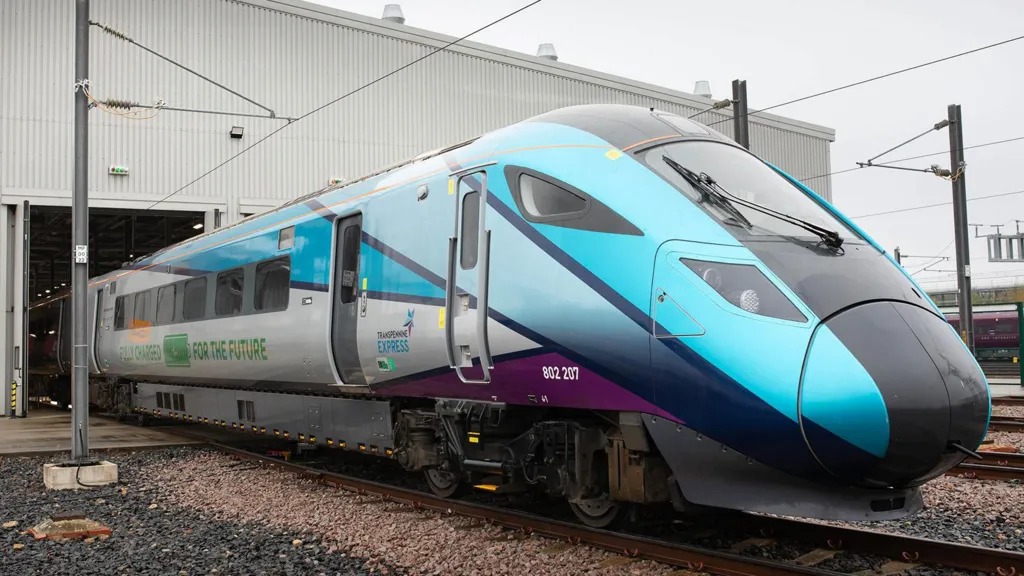
Are Battery-Powered Trains the Future of Rail Transport? Battery-powered trains are seen as a significant step forward in sustainable rail transport. Learn how they could replace traditional diesel trains and reduce emissions.
As the world moves towards more sustainable energy sources, the rail industry is not left behind. Battery-powered trains are emerging as a viable, eco-friendly alternative to diesel trains. Manufacturers like Hitachi and Siemens are leading the development of these trains in the UK, with a focus on minimizing environmental impact while maintaining efficiency and safety.
Battery-powered trains could soon replace diesel-powered locomotives across the UK, marking a major leap forward for sustainable transport. The UK’s fleet of diesel trains is nearing retirement, and the need for greener alternatives is increasingly urgent. Battery technology presents an attractive solution. The new “tri-mode” train developed by Hitachi is equipped with lithium batteries, allowing it to use up to 50% less fuel on unelectrified lines compared to conventional diesel trains.
Are Battery-Powered Trains the Future of Rail Transport? Battery-powered trains are gaining traction in several countries, including Japan and Germany. Now, the UK is also taking significant steps in this direction. Hitachi’s “tri-mode” train is designed to switch between overhead electrified lines, diesel power, and battery power, making it highly adaptable to different types of rail infrastructure.
One of the main advantages of battery-powered trains is that they can operate on lines without overhead electric wires, saving the cost of installing expensive electrification infrastructure. This feature is particularly useful in rural areas where installing overhead wires would be impractical and costly. Additionally, these trains are expected to contribute to reduced carbon emissions, aligning with the UK government’s aim to achieve net-zero emissions by 2050.
Addressing Safety Concerns for Battery-Powered Trains Safety is a primary concern for any new transportation technology, and battery-powered trains are no exception. Lithium batteries, while efficient, can pose fire risks under certain conditions. Hitachi engineers have tested these batteries rigorously, ensuring that they are safe for use in rail transport.
The trains use the same battery technology found in electric vehicles, such as the Nissan Leaf, which has a strong safety record. Additionally, Hitachi has added safety measures such as heat shields around the battery cells and a roof-mounted cooling unit to prevent overheating. In the rare event of a battery fire, passengers would be evacuated, and the train could still be moved away from danger using the unaffected battery units.
The challenges associated with battery-powered trains include the need for sufficient charging infrastructure and ensuring that batteries can provide enough power for long routes. The current battery technology allows these trains to travel up to 70 kilometers (44 miles) on battery power alone, which is suitable for many short routes but may require additional electrification or fast-charging points for longer journeys.
Looking Forward The development of battery-powered trains represents an essential step towards the future of rail transport. As battery technology continues to improve, trains will likely become more efficient, with longer travel ranges and faster charging times. For now, the hybrid “tri-mode” trains offer a practical solution, reducing diesel usage while providing the flexibility needed for the UK’s diverse rail network.
With battery-powered trains poised to replace diesel, the future of the rail industry looks promising. These innovations not only address environmental concerns but also promise a safer and more cost-effective way to travel. By investing in battery technology and developing the necessary infrastructure, the UK can make significant strides toward greener, more sustainable rail transport.
External link: BBC News
Internal link: Sustainable Transport Initiatives





